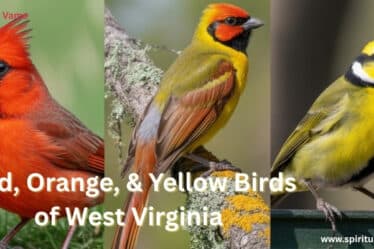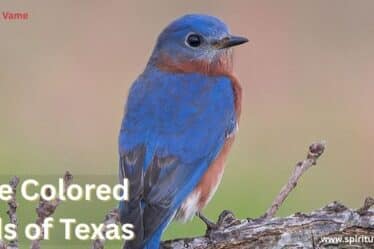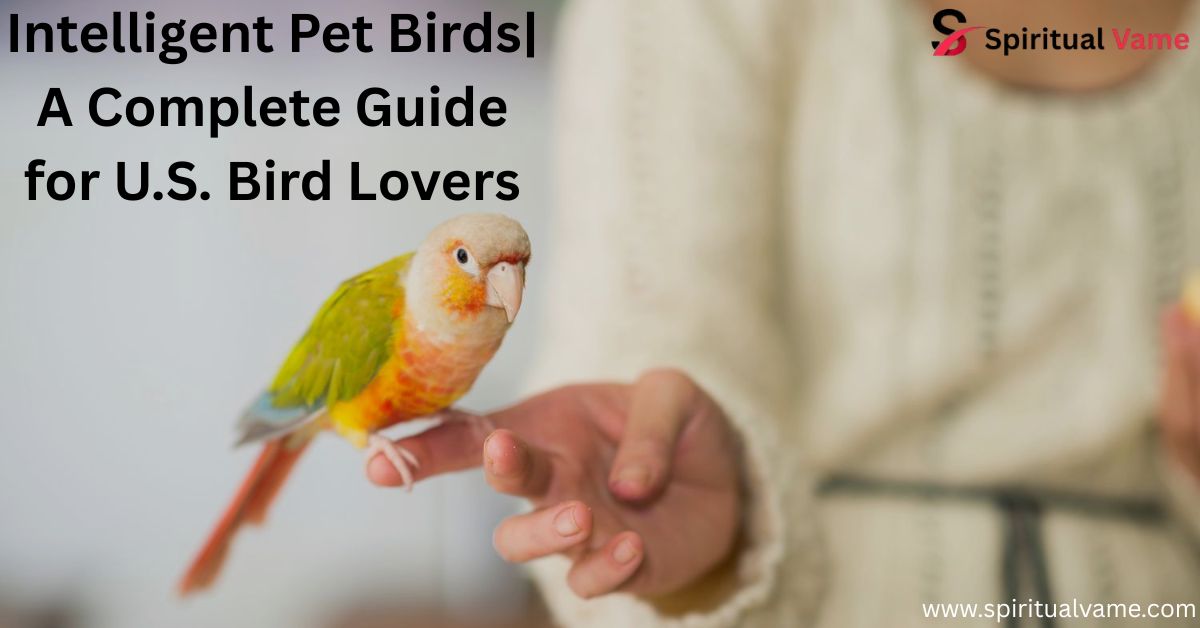
If you’re dreaming of a feathered friend who can do more than just chirp, then welcome to the fascinating world of intelligent pet birds. These birds are more than colorful companions—they’re clever, interactive, and deeply emotional creatures who love learning, mimicking, and bonding with their humans. In the United States, many bird owners choose their pets based on not just appearance or size, but also brainpower. Whether it’s solving puzzles, mimicking speech, or showing affection, the smartest pet birds can leave you amazed with what they can do. In this guide, we’ll take a deep dive into the top avian geniuses and also highlight those who make great choices for beginners looking for easier companions.
The 5 Smartest Birds You Can Keep as Pets
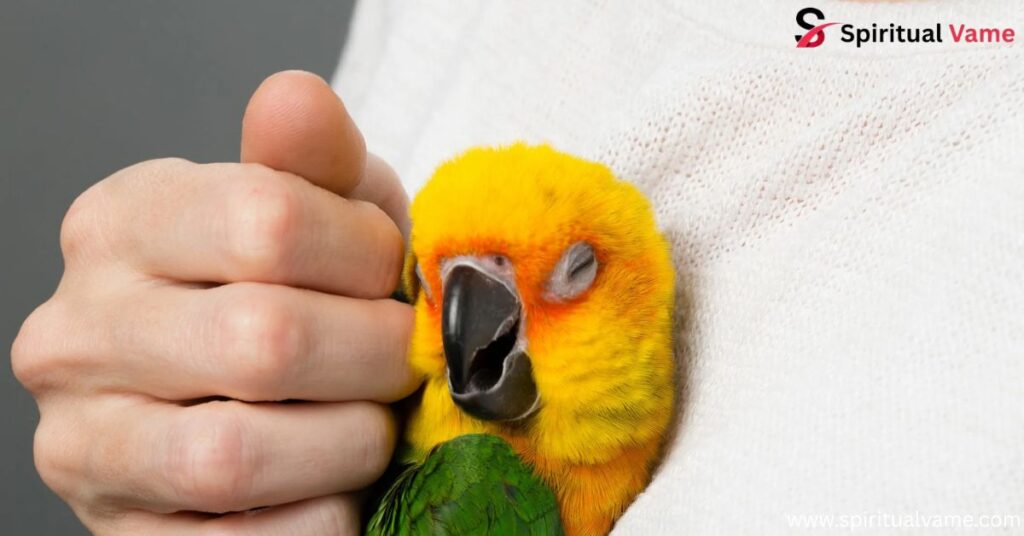
Some birds stand out for their remarkable mental abilities. These birds are capable of speech mimicry, problem-solving, understanding abstract concepts, and even learning over 1,000 words. Their minds are so advanced that scientists compare their intelligence to that of a seven-month-old child or even a primate. Their ability to learn commands, recognize patterns, and mimic human speech comes from a complex telencephalic-midbrain-cerebellar circuit in the brain that helps with planning, execution, and communication. These species crave mental stimulation, need constant enrichment, and benefit from regular training sessions using operant conditioning techniques.
Whether you’re impressed by vocabulary or amazed by object permanence and spatial reasoning, the smartest birds are more than just pets—they’re feathered thinkers. Let’s explore five of the smartest birds that you can bring home.
African Grey Parrot
When it comes to intelligent pet birds, the African Grey Parrot is the gold standard. These birds—especially the Congo and Timneh species—are famous for their large vocabulary and incredible mimic abilities. One African Grey named Alex, studied by Dr. Pepperberg, knew over 1,000 words and could answer questions about colors, shapes, and even the concept of zero. That level of understanding is rare in animals and shows how advanced their cognitive skills are.
They learn through operant conditioning, recognize lexical stress in speech, and respond to phonological perception with incredible accuracy. African Greys also enjoy musical rhythm, can identify beats in a song, and respond with body movements. But such intelligence comes with emotional depth. These birds can become bored or stressed without enough interaction. You’ll need to provide plenty of enrichment, talk to them often, and teach them tricks to keep their mind engaged.
Macaws
Macaws are not just stunning with their bold colors and large size—they’re also brilliant thinkers. These parrots are highly social and show complex behaviors when interacting with humans or other birds. They can follow commands, solve puzzles, and even learn to perform small tasks. Their strong beaks aren’t just for chewing—they’re often used as tools, and that speaks to their ability for tool use and problem-solving.
Training a macaw takes patience, but they thrive when included in your daily routine. They remember faces and voices and love being the center of attention. Because of their need for constant mental activity, they require toys that challenge their brains and offer stimulation through patterns and problem-solving activities.
Cockatoos
Another genius among smartest pet birds is the cockatoo, especially the Goffin’s cockatoo. These birds are not only clever but full of personality. Studies show that cockatoos understand object permanence and can even create tools to access food or toys. They can learn tricks, match rhythms, and mimic tones of human speech. Their love of interaction makes them ideal for someone who has plenty of time to bond.
But cockatoos are emotionally intense. Without enough socialization, they can develop mental health issues such as plucking their feathers or becoming overly attached. Because they’re tuned into your emotions, they need a stable routine and lots of love and training.
Budgerigars
Often called budgies or parakeets, these small birds pack a lot of brainpower into a tiny body. Budgerigars are capable of learning dozens or even hundreds of words, especially males, who are more vocal. They excel in pattern recognition and respond well to training and repetition. In fact, some budgies have learned more than 300 words and phrases, which is impressive for such a small creature.
Budgerigars are a perfect mix of smarts and simplicity. They are easier to care for than larger parrots but still enjoy learning new tricks, mimicking speech, and interacting with their owners. They’re great for people living in apartments because of their small size and moderate noise level.
Conures
Conures are playful, intelligent birds that love interaction and pick up on emotional cues easily. While they might not have the vast vocabulary of an African Grey, they still understand commands and enjoy training. Their personalities shine through in their behavior, and they’re often described as “clowns” for their funny and curious nature.
These birds enjoy playing games, solving small puzzles, and being part of the family. They respond well to stimulation, and their brains thrive on social activities. Giving them toys that encourage planning and communication is a great way to keep their mind sharp.
Easiest & Friendliest Birds to Keep as Pets: Guide for Beginners
Not everyone wants a bird that can solve a puzzle box or repeat Shakespeare. For many people, the perfect bird is one that’s friendly, easy to handle, and fits into daily life without much stress. Some birds are more timid, while others show a deep bond with their owners. These birds may not rank as the smartest, but their personality, ability to bond, and love for gentle interaction make them ideal for beginners.
In this category, species like the canary, dove, lovebird, and even some types of budgies stand out. They may not have massive vocabularies, but they have calm temperaments, and many enjoy singing, flying around the house, or simply perching near their humans.
Best Birds for Beginners
Beginner-friendly birds tend to be low-maintenance and adaptable. These birds don’t need hours of daily training, but they still enjoy being talked to, sung to, or gently handled. Some, like the canary, are content to sing from their cage, while others, like lovebirds, enjoy bonding closely with one person. They don’t always do well in pairs due to dominance or aggression, so it’s often better to keep just one.
Canaries
With over 200 breeds, the canary is known for its beautiful songs, bright colors, and simple care needs. Males are the primary singers, often filling a home with pleasant melodies. Canaries don’t require much interaction and prefer to observe from their perch. They’re best for people who want a bird they can enjoy from a distance without much handling.
Hyacinth Macaws
Though huge, the Hyacinth Macaw is surprisingly gentle and affectionate. With its cobalt blue plumage, yellow eyes, and charming smile, this bird bonds strongly with its owner. They live up to 30 years and need plenty of space, but their social nature makes them rewarding companions for experienced beginners who have the room and time.
Lovebirds
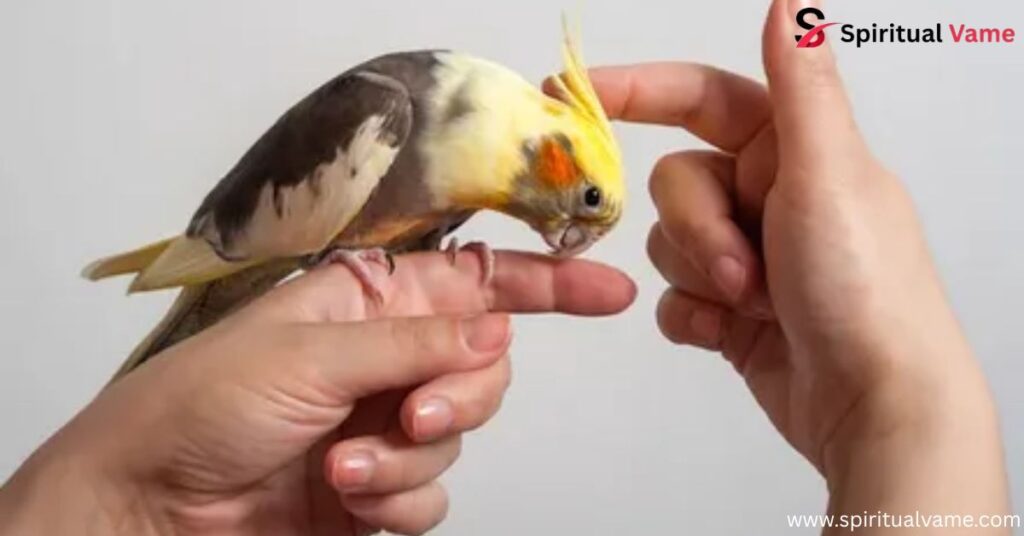
These small parrots are full of personality and known for their affection. Though tiny, they form strong bonds with owners and are incredibly social. They enjoy being part of your routine and can even learn simple tricks. Their nipping behavior can be managed with regular handling and training.
Doves
Doves are calm, quiet, and ideal for gentle families. They don’t need complex training and thrive on a predictable schedule. Their cooing is soothing, and they rarely bite. With regular handling, doves become domestic and form a peaceful part of the home.
Best Talking Birds for Beginners
Talking birds add an exciting dimension to pet ownership. For beginners, it’s important to choose birds that are both social and easier to train. Species like the budgerigar and African Grey are at the top of this list. Others, like the Double Yellow Head Amazon or the Indian Ringneck Parakeet, are known for their ability to mimic not just words, but also the tone and rhythm of human speech.
These birds require patience, consistent training, and a lot of persistence. Their vocal cords are capable of repeating entire phrases, singing songs, and even greeting you with a cheerful “hello” or “darling.”
Budgerigar
The budgerigar makes another appearance for good reason. It’s easy to teach, especially males, and with regular interaction, they’ll repeat phrases, mimic tone, and learn small songs. They’re perfect for those living in apartments where noise needs to be controlled.
African Grey
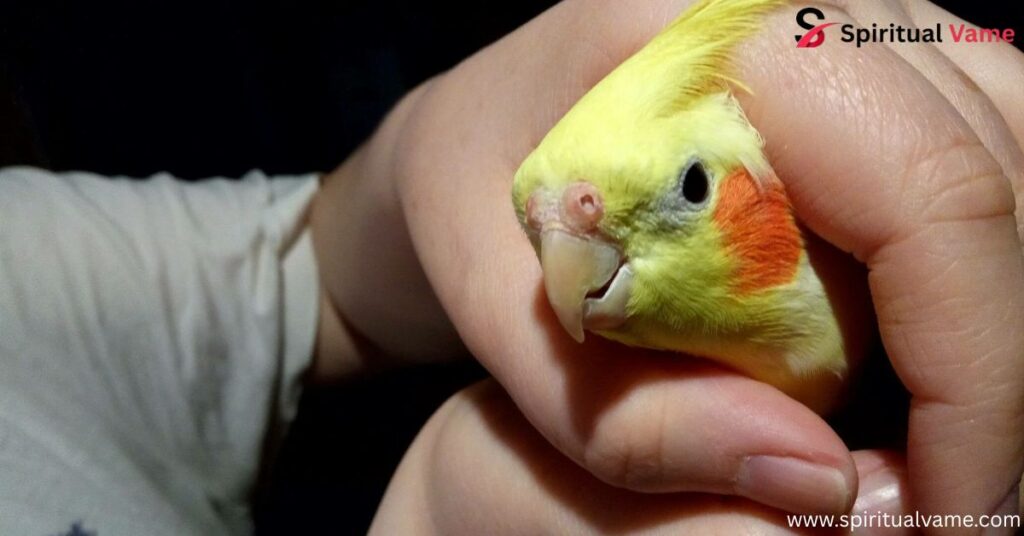
Once again, the African Grey stands out. Their talent for learning hundreds of words, identifying emotional cues, and using words in context makes them top-tier talking birds. They respond to greetings, mimic voices, and even adjust their tone based on your mood.
Highly Intelligent Pet Parrots
While having an intelligent bird is exciting, there’s a downside many don’t expect—emotional stress. Highly intelligent pet parrots like the African Grey, cockatoo, and macaws are prone to mental health problems if not given enough enrichment or social interaction. Their brains are always active, and boredom can quickly lead to depression, aggression, or self-harming behavior like feather plucking.
Understanding this helps you create a better environment. Rotate toys, teach new tricks, and provide challenges that require planning and execution. Spend time talking, playing, and bonding every day. These birds thrive in loving, attentive homes where their incredible minds can stay engaged and healthy.
Conclusion
Intelligent pet birds are more than just beautiful animals. They are smart, loving, and full of personality. These birds can talk, solve problems, and even dance to music. If you give them care, love, and time, they will become amazing companions. Intelligent pet birds need attention and mental games to stay happy. They love to learn and play every day.
Choosing intelligent pet birds means you’re ready for a fun and rewarding journey. Whether it’s a parrot or a budgie, they will surprise you with their skills. With the right training and patience, intelligent pet birds can become your best feathered friends for life.

